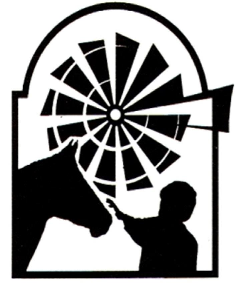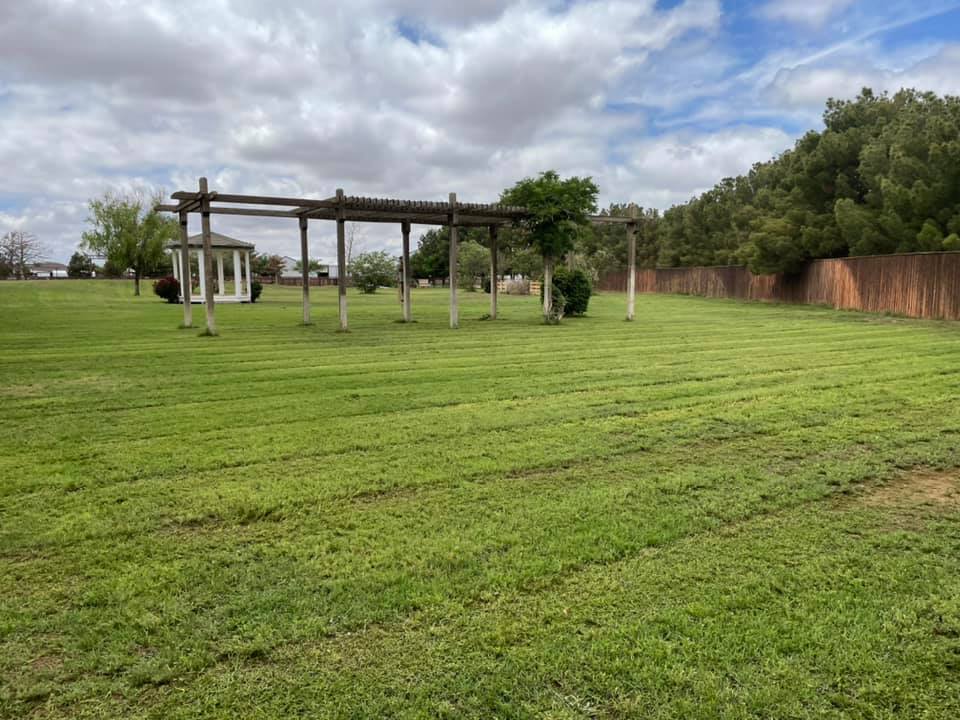About Us

Our Mission Statement
The mission of the Texas Tech Therapeutic Riding Center is to provide the highest quality of equine-assisted services in the South Plains for people with disabilities and special needs as well as veterans progrmas. Through a collaborative effort of medical and universal professional, our goal is to enhance the quality of life of each person participating in hippotherapy, adpative horsemanship, ground work and team building. It is further a mission of the program to train students in all aspects of equine-assisted services and to contribute to the scientific knowledge in this area through research.
Facility
Texas Tech Therapeutic Riding Center is proud to call the Texas Tech Equestrian Center home. TTRC uses a Sensory Trail where riders can ride over a bridge, through trees, up and down a hill and feel the Lubbock wind in their faces. We also have a fully enclosed 100x200 arena built specifically for TTRC.

Our Programs

Our current programs include both hippotherapy and therapeutic riding. While each program utilizes equine help, they are very different.
Hippotherapy:
(Hippos- from the Greek word for horse) is a term which refers to the use of the movement of a horse as a treatment modality by trained physical, occupational, and speech therapist.
How Hippotherapy works: The horse's stride provides sensory input through movement that is variable, rhythmic, and repetitive. The horse is used as a part of an integrated treatment program to achieve functional outcomes. The movement of the horse as it is walking occurs in the same planes of motion that a human's pelvis moves when he/she is walking. A rider seated astride a horse has normal movement translated into their pelvis as they ride. Riding horses relaxes tight muscles, improves strength, coordination and motor skills, and stimulates the respiratory and vestibular systems as well as neurological activity.
Clients who benefit from hippotherapy may have:
- Abnormal tone
- Impaired balance
- Abnormal reflexes
- Impaired coordination
- Impaired communication
- Poor postural control
- Decreased mobility
- Sensory-motor dysfunction
Some of the many diagnoses seen in hippotherapy:
- Cerebral Palsy
- Down Syndrome
- Autism Spectrum Disorders
- Chromosomal Abnormalities
- Multiple Sclerosis
- CVA
- Fetal Alcohol Syndrome
- Sensory-Motor Dysfunction
- Sensory-Processing Dysfunction
Adaptive Horsemanship:
An equine-assisted activities for the purpose of contributing positively to the cognitive, physical, emotional, and social well-being of people with disabilities.
How adaptive horsemanship works: After an assessment by the Certified Therapeutic Riding Instructor, the clients are taught to ride based on their skills and learning styles. During the evaluation a therapeutic riding instructor will assess the client's needs and check for any contraindications or precautions to riding based on PATH, Intl. guidelines. Modifications of track, involvement of volunteers, and horse selections are based on the client's special needs. At TTRC, the emphasis is on an enjoyable and relaxing experience which provides additional benefits in the areas of socialization, posture, mobility and an overall improved quality of life.
Individuals with the following disabilities can participate and benefit from therapeutic riding:
- Muscular dystrophy
- Cerebral palsy
- Visual impairment
- Down syndrome
- Mental Retardation
- Autism
- Multiple Sclerosis
- Spina Bifida
- Emotional Disabilities
- Brain Injuries
- Amputations
- Learning Disabilities
- Hearing impairment
- CVA
For more information, please call Texas Tech Therapeutic Riding Center: 806-792-4683.
Therapeutic Riding Center
-
Address
Texas Tech University, Department of Animal and Food Sciences, Box 42141, Lubbock, TX 79409 -
Phone
806.742.2805 -
Email
tangela.l.arant@ttu.edu

